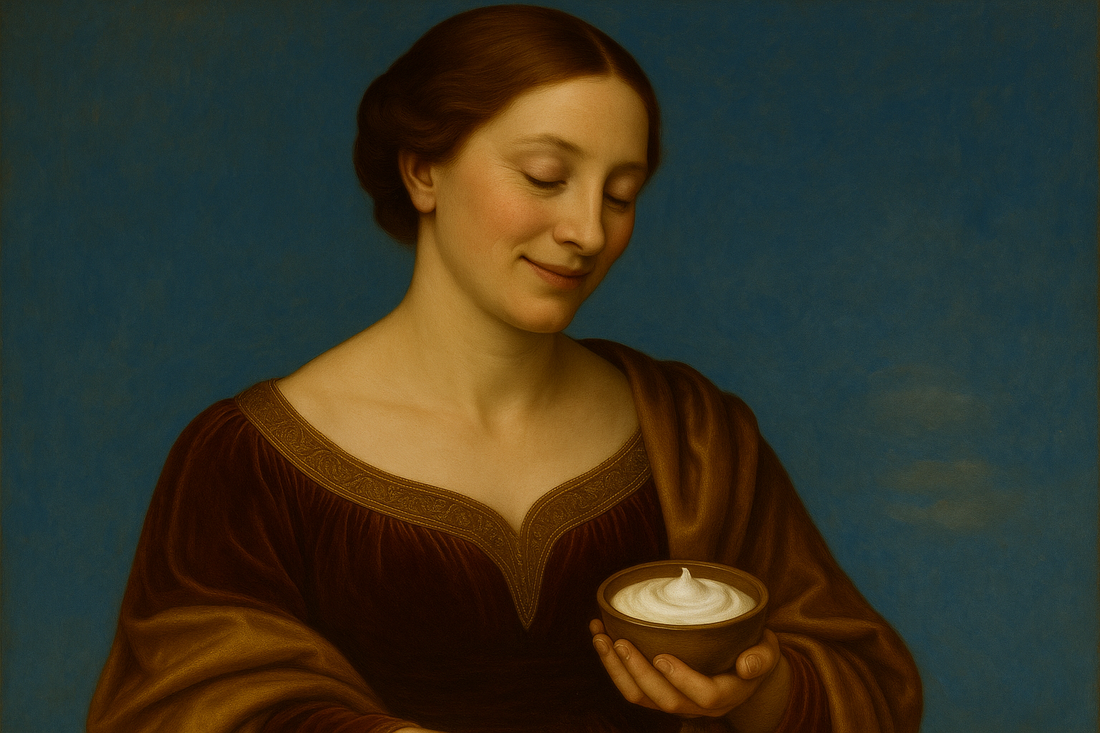
How to Prevent Signs of Skin Aging?
Share
At Clinica Cambridge, one of the most common questions I hear from patients is “How can I prevent the signs of skin ageing?". No matter their age, people want to have healthy skin for as long as possible. The good news is that although ageing is a natural process, we are not entirely powerless against it. With the right approach, it is absolutely possible to delay its visible signs and support your skin’s long-term health.
Understanding What Causes Skin Ageing
There are two main types of skin ageing:
-
Intrinsic ageing: This is the natural biological ageing process that happens over time, influenced by genetics. It causes gradual collagen loss, thinning of the skin and slower cell turnover.
-
Extrinsic ageing: This is caused by external factors such as sun exposure, pollution, smoking and unhealthy lifestyle choices. This type of ageing is, to some degree, preventable.
My focus with patients is not just on appearances but on supporting skin health and longevity.
First Things First: Daily Sun Protection
You've heard this already, but it's true. The most important habit you can adopt is wearing sunscreen every day. Ultraviolet (UV) radiation is the leading cause of premature skin ageing. Sun damage contributes to fine lines, pigmentation, loss of elasticity and uneven texture. At Stanford University, I recently talked about fascinating studies performed on identical twins which showcase some of the impact of sun exposure.

Guyuron et al. (2009) examined 186 pairs of identical twins to identify environmental factors that influence facial aging. The study found that greater sun exposure and smoking were significantly associated with more aged appearance. So, use broad-spectrum SPF 30 or higher daily, even when it’s cloudy or you’re indoors near windows. And don't forget to reapply every couple of hours when outdoors or exposed to direct sunlight.
Antioxidants Protect Your Skin from Within
Free radicals caused by pollution, UV rays and stress can break down collagen and accelerate ageing. Antioxidants neutralise these harmful molecules, helping to prevent damage before it starts. Here are some of the best ingredients that you should know about.
-
Vitamin C: Brightens the skin, stimulates collagen and helps reduce pigmentation.
-
Vitamin E: Enhances the effects of Vitamin C and calms inflammation.
-
Niacinamide: Strengthens the skin barrier and improves texture.
-
Resveratrol: Has anti-ageing, anti-inflammatory, and protective properties. Excellent for sensitive or mature skin (my personal favourite!).
Hydration and Barrier Support Matter
When the skin lacks moisture, fine lines and dullness are far more visible. A strong skin barrier keeps hydration in and irritants out.
-
Use moisturisers with ceramides, hyaluronic acid, and glycerin to help repair and protect.
-
TOP TIP! Apply moisturiser to slightly damp skin to boost absorption.
-
Don’t neglect your neck and chest — they age too and benefit from the same care as your face.
Retinoids Are Scientifically Proven to Work
Retinoids, derivatives of Vitamin A, are widely considered the gold standard in anti-ageing skincare. They improve skin texture, stimulate collagen and even out skin tone. A study by Kafi et al. (2007) on aged skin, which I found particularly interesting, demonstrated that topical application of 0.4% retinol significantly improved fine wrinkles and increased the production of glycosaminoglycans and procollagen over 24 weeks. It's never too late to start your skin longevity journey! However, don't forget to start with a low-strength retinol if you're new to it, and apply at night. It's also best to consult with a doctor about whether this is the right solution for you.
Lifestyle Plays a Big Role Too
Importantly, you should remember that skincare is only one part of the equation. The way you live has a significant impact on how your skin ages.
-
Get enough sleep and let your body repair itself overnight.
-
Eat a diet rich in antioxidants and healthy fats to nourish the skin from within.
-
Avoid smoking, as it breaks down collagen and reduces blood flow to the skin.
-
Limit alcohol, which dehydrates and inflames the skin.
-
Stay hydrated and engage in regular physical activity to improve circulation and support skin cell renewal.
Focus on Skin Longevity
Our goal is not to freeze time, but to help you age well — in a way that feels authentic, confident and healthy. Preventing signs of skin ageing is not about drastic measures or chasing perfection. It is about small, consistent steps that support your skin’s function over the years. Be patient and consistent & results will come with time.
Whether you're just beginning to think about skin ageing or are looking to refine your current routine, it's never too early or too late to start taking care of your skin. Prevention is always easier than correction!
Best wishes,
Dr Kat Molenda